Criminal Justice Matters at the Jane Addams Center for Social Policy and Research
A Brief Preface
Social workers and social work educators have joined discussions and calls for criminal justice reform with an energy and interest seldom seen before. Demands are diverse, with some focused on defunding the police, while some groups take this to mean reallocating funds. Other advocates have focused on expediting criminal justice reforms, while still others have taken a much broader stance and are calling for the social work profession to disinvest and refrain from all criminal justice work and activity.
The idea of writing this monograph grew from discussions at the Jane Addams Center for Social Policy and Research (Policy Center) about current debates and what, given the criminal justice focus of much of our work, we should do, if anything, in response to the calls for disinvestment. We decided to share our personal experiences working and volunteering in the criminal justice field.
Below, seven Policy Center staff and faculty affiliates describe what they do and have done, and why this work is important to them. These self-reflections are a testament of what we do; they also reveal who we are and the difference we want to make. They provide guidance for our work. We hope they are also helpful to others who are thinking about ways to impact the justice system and the persons it affects most directly.
Creasie Finney Hairston, PhD
Director, Jane Addams Center for Social Policy and Research
Dean, Jane Addams College of Social Work
Self-Reflections on Criminal Justice Matters
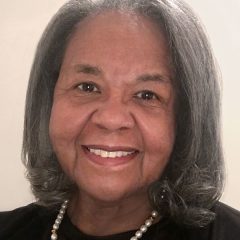
I’ve Known Rivers: Prison Matters
by Creasie Finney Hairston, PhD
Dean and Professor, Jane Addams College of Social Work
Director, Jane Addams Center for Social Policy and Research“I am often the lone social worker and social work educator “sitting at the table” when policies and practices affecting justice involved persons are discussed, volunteer services are planned and social change and reform strategies are deliberated. In many instances, I am the only academic, i.e. college professor or administrator, involved in these discussions as well.”
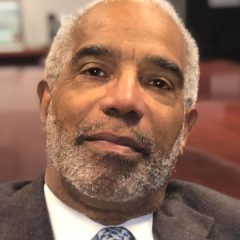
On Becoming “The Change We Seek”
by John Holton, PhD
Director of Strategic Initiatives“My professional assessment is that the current epoch of mass incarceration and its accompanying culture of law enforcement—apprehension, sentencing, imprisonment, and parole—requires more critical thinkers trained in social work education. Limiting education by censoring ideas or restricting interventions based on funding sources from governmental agencies may serve the interest of a few; however, it ignores the needs of the many.”
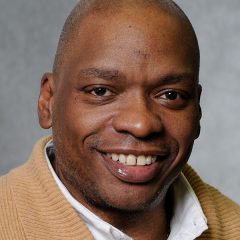
Transformation: My Own, My Social Network and Our Communities
by Joseph Strickland, PhD
Senior Researcher“The incarceration of numerous friends and relatives (blood relations and fictive kin) created the entry point for my involvement in the criminal justice system. … It was in prison that my work in criminal justice began to focus on building social networks of individuals focused on transforming their lives and supporting the transformation of their peers.”
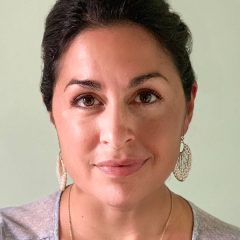
The Privilege and Power of Choice
by Kathryn Bocanegra, PhD
Faculty Affiliate“In the field of community violence prevention, we may observe more setbacks than successes, we may attend more funerals than graduations. For every bullet we think we stop, there are five more flying in another direction. This could mean that our advocacy goals are limited in their creative vision, or that we are working to reform a system that was never meant to accomplish the rehabilitation and safety goals that social workers value.”

Social Work and Criminal Legal Change: The Need for Multiple Approaches and Perspectives
by Aaron Gottlieb, PhD
Faculty Affiliate“I consider myself an abolitionist and want us to live in a country where the criminal legal system is used as little as possible and ideally not at all. This may lead some to question: if you consider yourself an abolitionist, why do you spend time working within the system on criminal legal reform? I do this for a number of reasons.”
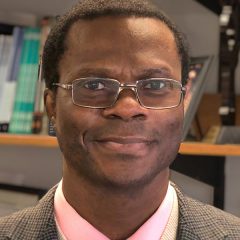
Taking on Criminal Justice Matters
by Charles Hounmenou, PhD
Faculty Affiliate“Social workers have held key roles in probation departments, state and federal correction facilities, and addiction treatment programs, where they have been able to influence criminal justice policy towards greater social justice.”
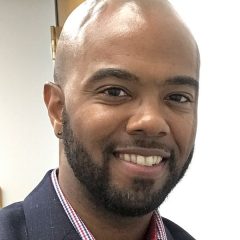
Reflecting on Social Work’s Dilemma in Addressing the Criminal Legal System: A Single Perspective
by Branden McLeod, PhD
Faculty Affiliate“Who is at liberty to decide if social workers should work within, reform, or fight to abolish the criminal legal system? Presently, social work seems to be engaging in critical self-reflection, an essential and appropriate step in the “professional” identity process. However, let us not forget that for some, this issue is personal.”